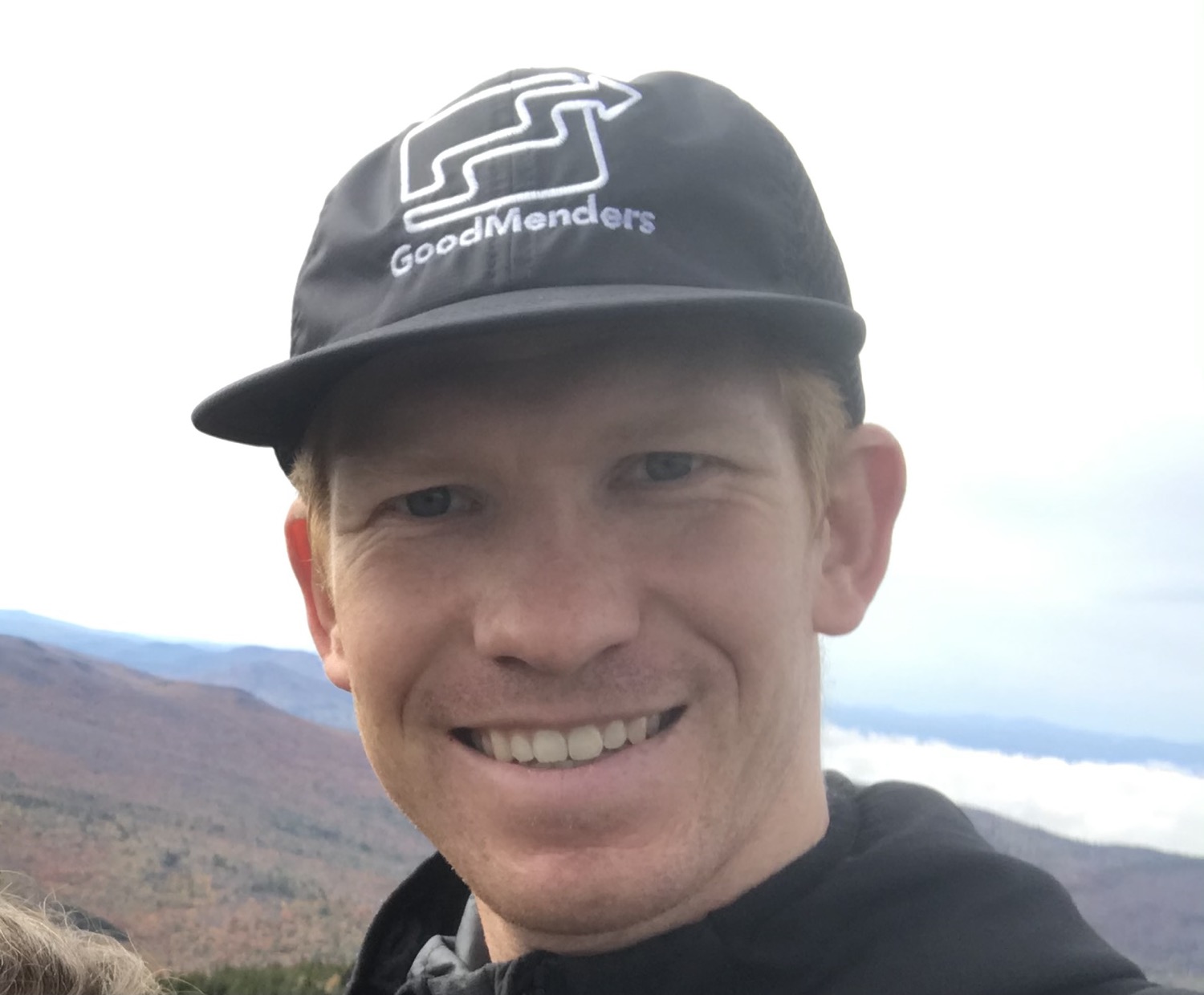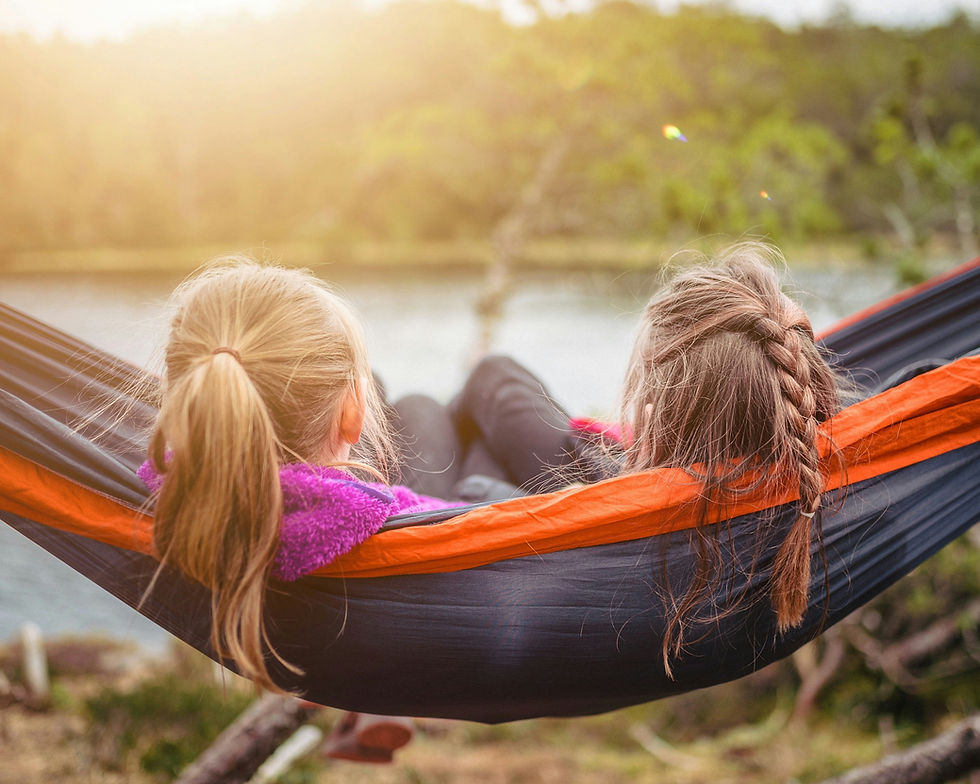The Illusion of the Best Self
- Nicholas Fair Nowak

- Oct 1, 2024
- 2 min read

Your “best self” is not a thing of the past or the future, not a static state, not some wax person on display. As much as we wish for it, we won’t be in our 20’s forever (or whatever your golden age is). The best self is always changing, with the present. That’s a liberating paradigm shift. Especially when you realize that, as you change, you are becoming something better for others. For example, when I was filled with the energy of youth, I made a good camp counselor. Now that I’m in my 30’s and a touch more boring (?), I’m not so good at living in a bunkhouse, but I have grown into a decent educator. I can be helpful in that space—more patient, thoughtful, wiser than my younger self. However, if I spent all my effort trying to get back in that bunkhouse, trying to be the person I was more than a decade ago, it would be hopeless for me and less than optimal for a group of campers. Likewise, the camp counselor version of me, a nostalgic movie in the past, would be a fish out of water trying to make the cut as a dad, husband, and teacher. For that, I’m grateful to be older.
So, the best self does not elude you. It’s not through the hidden gateway of a time machine or at the unseen top of a forbidding mountain. It’s here and now.
And what of the self? Can you ever really pin that down? I was myself yesterday, and am myself today, and will be myself tomorrow, presumably, yet I can’t think of a single part of myself that will remain unchanged in that time. My cells, my state of mind, the air I breathe, all fleeting. It’s not so different from a snake shedding its skin, an irretrievable shell that must give way for growth. That’s the constant. The one thing that never changes is the fact that everything is always and forever changing. In Shambhala: The Sacred Path of the Warrior, Chögyam Trungpa said, “The essence of warriorship, or the essence of human bravery, is refusing to give up on anyone or anything.” This includes ourselves. We refuse to believe that our best is beyond us.
Trungpa also said, “Real fearlessness is the product of tenderness. It comes from letting the world tickle your heart, your raw and beautiful heart. You are willing to open up, without resistance or shyness, and face the world. You are willing to share your heart with others.” Again we ask, what of the self? Or, more precisely, what of the heart? Is it changing? Indubitably. You can have your heart fail, remove it from your body, get a transplant, and keep living. Unless—we are so guarded, so closed, so fearful—we are unwilling to open up, and we hide our failing heart from the world, keeping it to ourselves, protecting our ego from vulnerability. This would be giving up, a self-destructive trap, a stubborn squabble, for what?




Comments